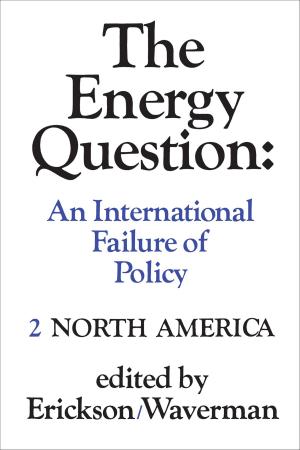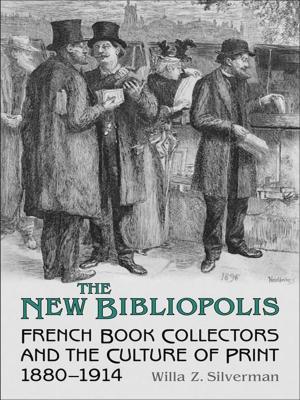Ethical Capitalism
Shibusawa Eiichi and Business Leadership in Global Perspective
Nonfiction, History, Asian, Japan, Religion & Spirituality, Philosophy, Ethics & Moral Philosophy, Business & Finance, Economics| Author: | ISBN: | 9781487512378 | |
| Publisher: | University of Toronto Press, Scholarly Publishing Division | Publication: | March 17, 2017 |
| Imprint: | Language: | English |
| Author: | |
| ISBN: | 9781487512378 |
| Publisher: | University of Toronto Press, Scholarly Publishing Division |
| Publication: | March 17, 2017 |
| Imprint: | |
| Language: | English |
Shibusawa Eiichi (1840–1931) was a Japanese banker and industrialist who spearheaded the modernization of Japanese industry and finance during the Meji Restoration. He founded the first modern bank in Japan and his reforms introduced double entry accounting and joint-stock corporations to the Japanese economy. Today, he is known as the “father of Japanese capitalism.”
Ethical Capitalism is a volume of essays that tackles the thought, work, and legacy of Shibusawa Eiichi and offers international comparisons with the Japanese experience. Eiichi advocated for gapponshugi, a principle that emphasized developing the right business, with the right people, in service to the public good. The contributors build a historical perspective on morality and ethics in the business world that, unlike corporate social responsibility, concentrates on the morality inside firms, industries, and private-public partnerships. Ethical Capitalism is not only a timely work; it is a necessary work, in a rapidly globalizing world where deregulation and lack of oversight risk repeating the financial, environmental, and social catastrophes of the past.
Shibusawa Eiichi (1840–1931) was a Japanese banker and industrialist who spearheaded the modernization of Japanese industry and finance during the Meji Restoration. He founded the first modern bank in Japan and his reforms introduced double entry accounting and joint-stock corporations to the Japanese economy. Today, he is known as the “father of Japanese capitalism.”
Ethical Capitalism is a volume of essays that tackles the thought, work, and legacy of Shibusawa Eiichi and offers international comparisons with the Japanese experience. Eiichi advocated for gapponshugi, a principle that emphasized developing the right business, with the right people, in service to the public good. The contributors build a historical perspective on morality and ethics in the business world that, unlike corporate social responsibility, concentrates on the morality inside firms, industries, and private-public partnerships. Ethical Capitalism is not only a timely work; it is a necessary work, in a rapidly globalizing world where deregulation and lack of oversight risk repeating the financial, environmental, and social catastrophes of the past.















